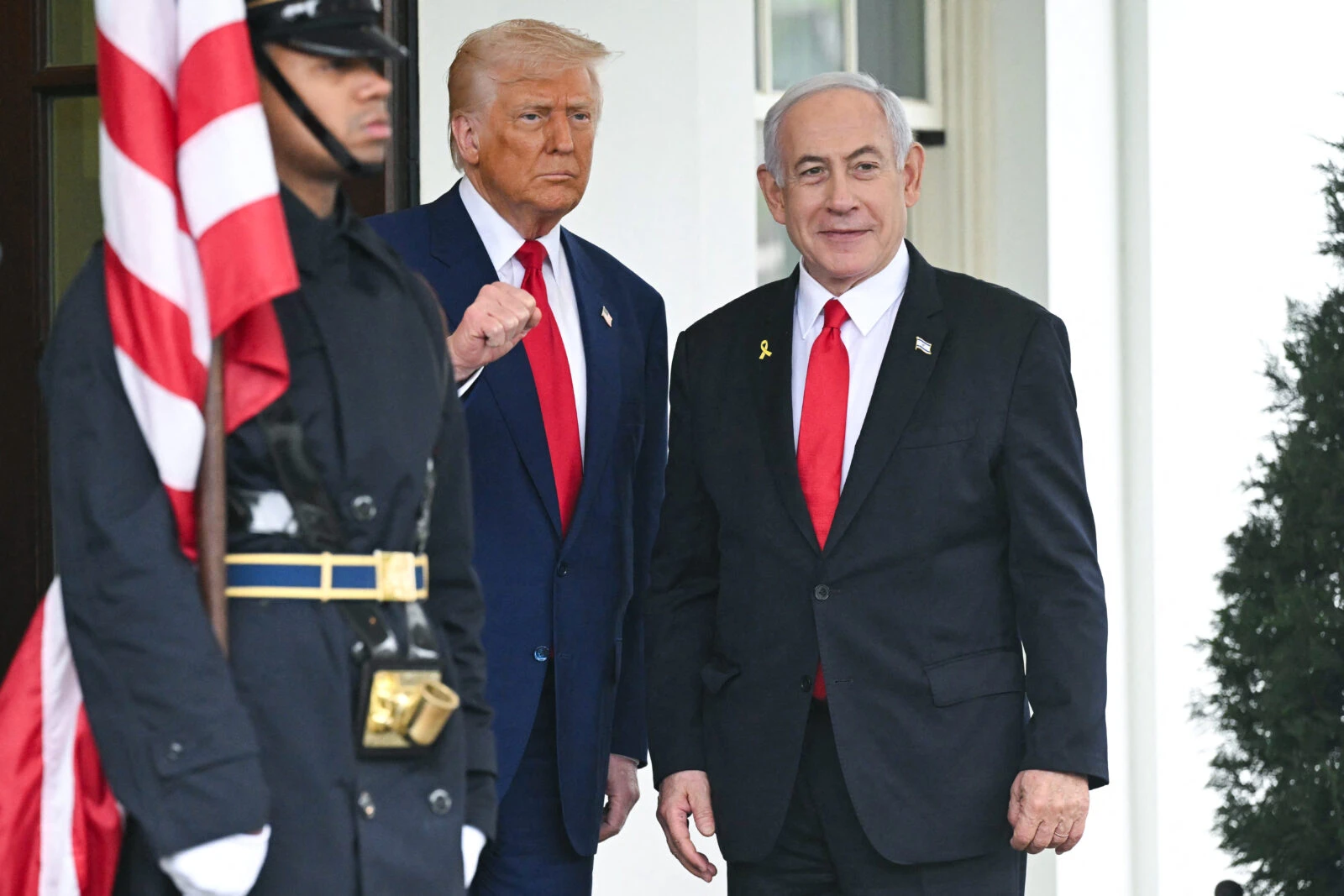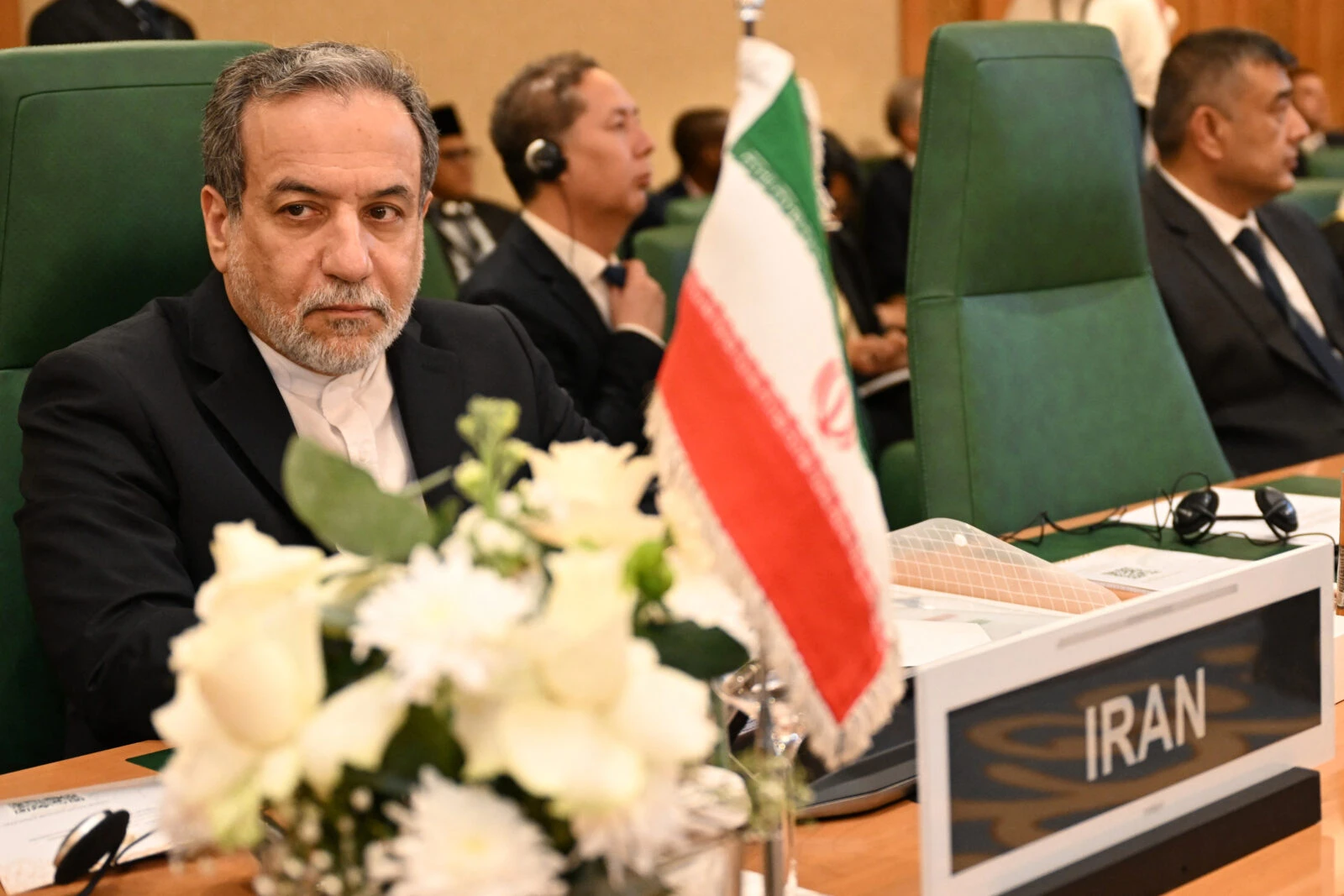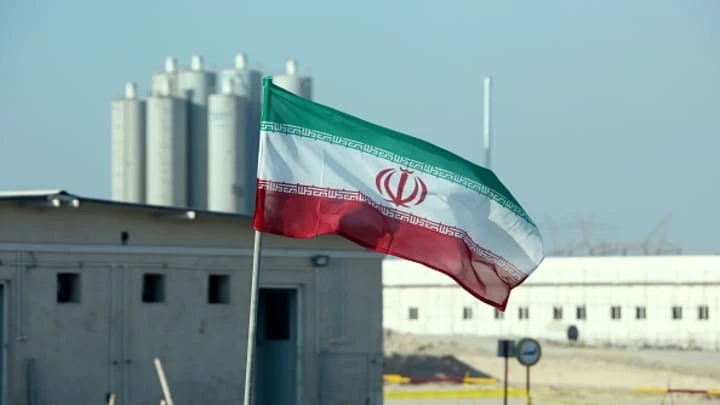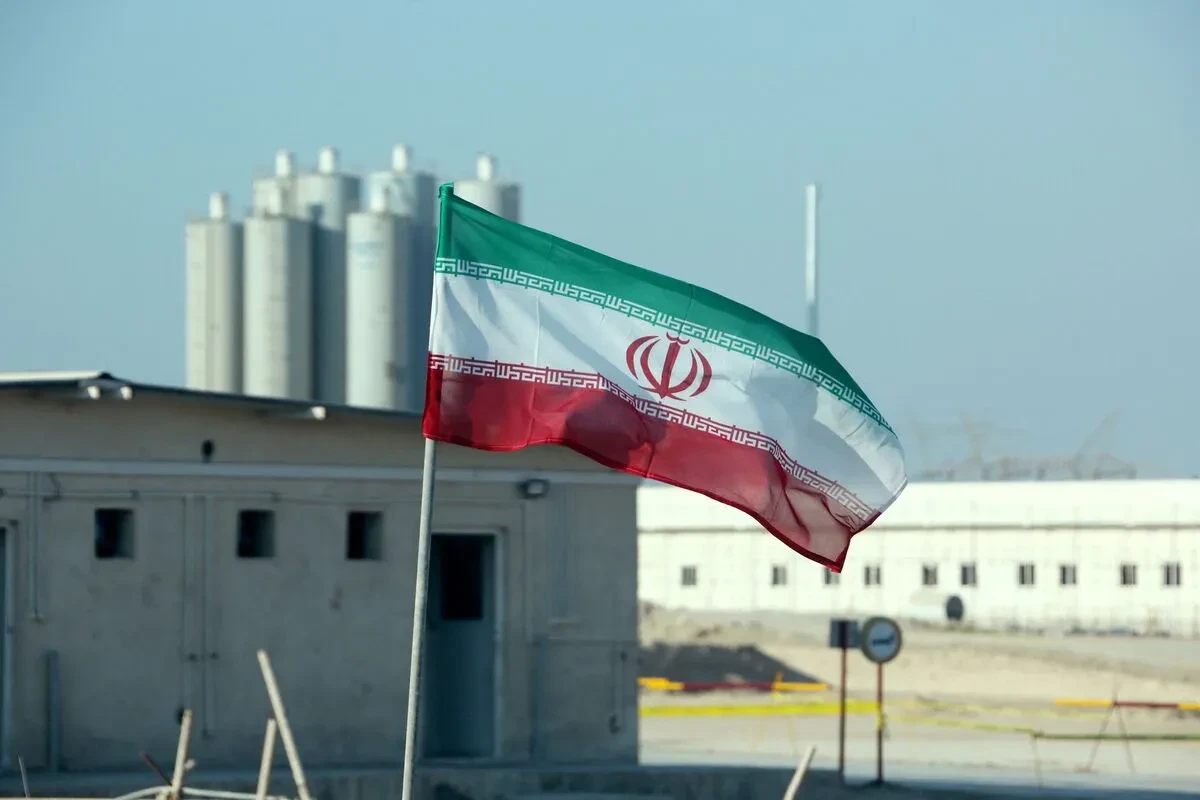Trump claims direct nuclear talks with Iran as Tehran insists on indirect format
 US President Donald Trump speaks during a meeting with Israeli Prime Minister Benjamin Netanyahu in the Oval Office of the White House in Washington, DC, on April 7, 2025. (AFP Photo)
US President Donald Trump speaks during a meeting with Israeli Prime Minister Benjamin Netanyahu in the Oval Office of the White House in Washington, DC, on April 7, 2025. (AFP Photo)
U.S. President Donald Trump announced Monday that the United States and Iran are set to engage in direct negotiations on Tehran’s nuclear program.
However, Iran has publicly rejected the claim, saying only indirect talks are scheduled to take place in Oman.
Speaking at the White House alongside Israeli Prime Minister Benjamin Netanyahu, Trump said, “We’re having direct talks with Iran, and they’ve started. It’ll go on Saturday. We have a very big meeting, and we’ll see what can happen.”
Trump called the talks “very high level” and reiterated his stance that Iran must not acquire a nuclear weapon.

Iran says talks will be indirect and held in Oman
Shortly after Trump’s announcement, Iranian Foreign Minister Abbas Araghchi posted on X that high-level indirect talks would begin in Oman on Saturday. “It is as much an opportunity as it is a test. The ball is in America’s court,” he said.
Iranian state media confirmed the talks would be mediated by Oman’s Foreign Minister Badr al-Busaidi, with Araghchi and U.S. Presidential Envoy Steve Witkoff leading their respective delegations.

Trump threatens military action if talks fail
U.S. President Trump warned that if a deal cannot be reached, Iran would be “in great danger,” suggesting the possibility of military confrontation.
“I think if the talks aren’t successful with Iran, I think Iran is going to be in great danger,” he said. “You know it’s not a complicated formula.”
Despite these threats, Trump said he preferred a negotiated agreement and held out hope that a new deal could be reached. “Maybe a deal is going to be made. That’d be great. It’ll be really great for Iran,” he said.

Tehran reiterates position against direct talks
Iran has long maintained that direct negotiations with the U.S. require approval from Supreme Leader Ali Khamenei, who earlier this year rejected the idea, calling it “not smart, wise, or honorable.”
Iran’s Foreign Ministry spokesman Esmail Baghaei said on Monday that Tehran was awaiting a response from Washington to its proposal for indirect talks.
Iranian officials continue to stress that any new negotiations must focus exclusively on the nuclear issue and exclude Iran’s missile program or regional policies.
US withdrawal from JCPOA and ‘maximum pressure’ campaign
Trump unilaterally withdrew the U.S. from the 2015 Joint Comprehensive Plan of Action (JCPOA) in 2018, a multilateral agreement designed to limit Iran’s nuclear activities in exchange for sanctions relief.
The withdrawal marked the beginning of a “maximum pressure” campaign that saw the reimposition of sweeping sanctions.
Iran responded by gradually scaling back its compliance with the deal.
Western powers now accuse Tehran of enriching uranium to levels far exceeding civilian energy requirements, raising concerns that Iran may be approaching weapons-grade capabilities.



